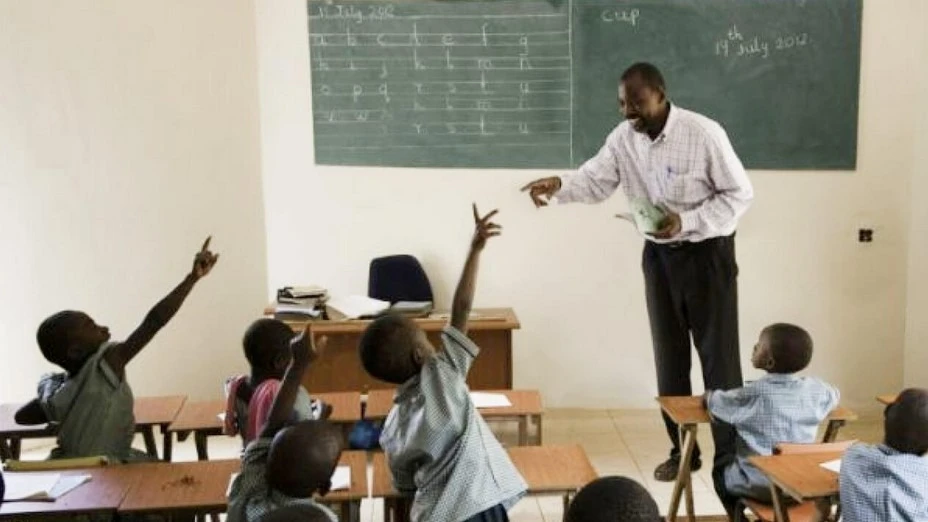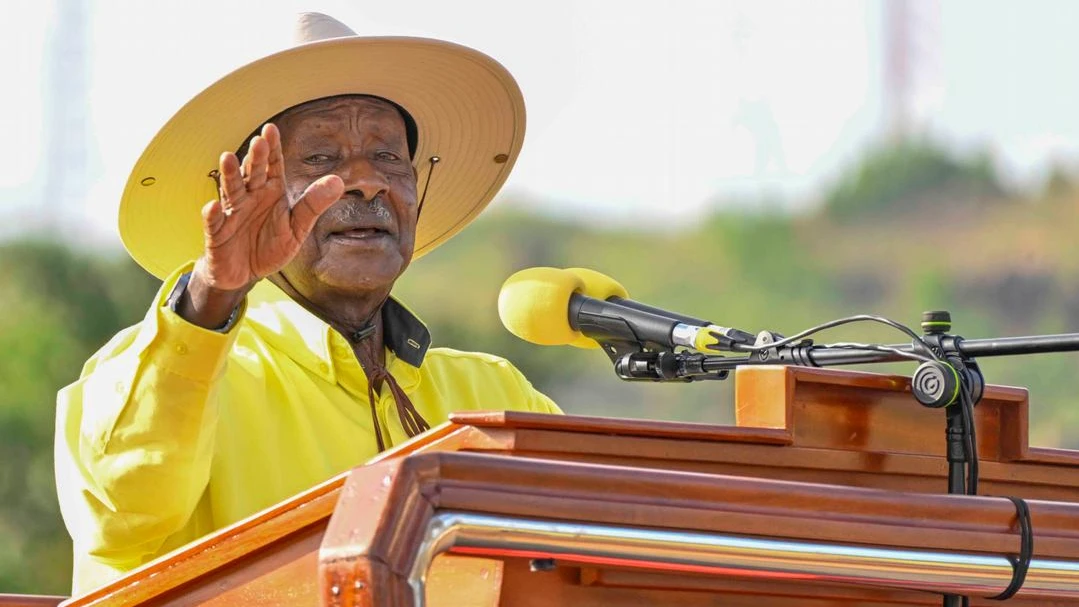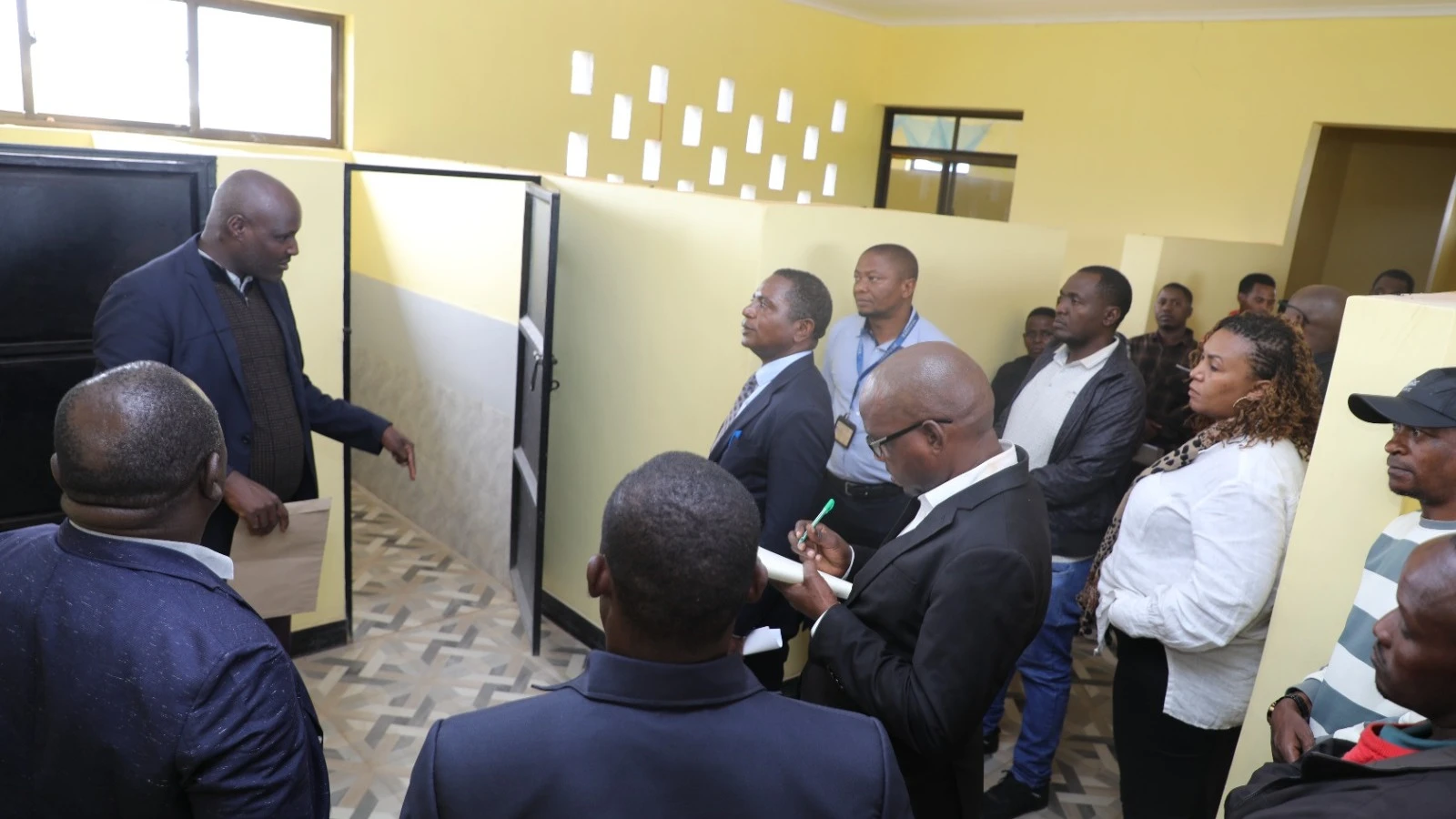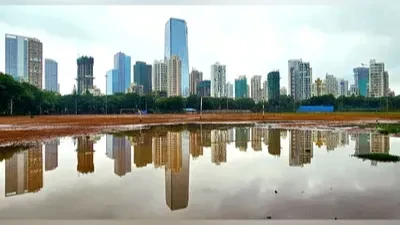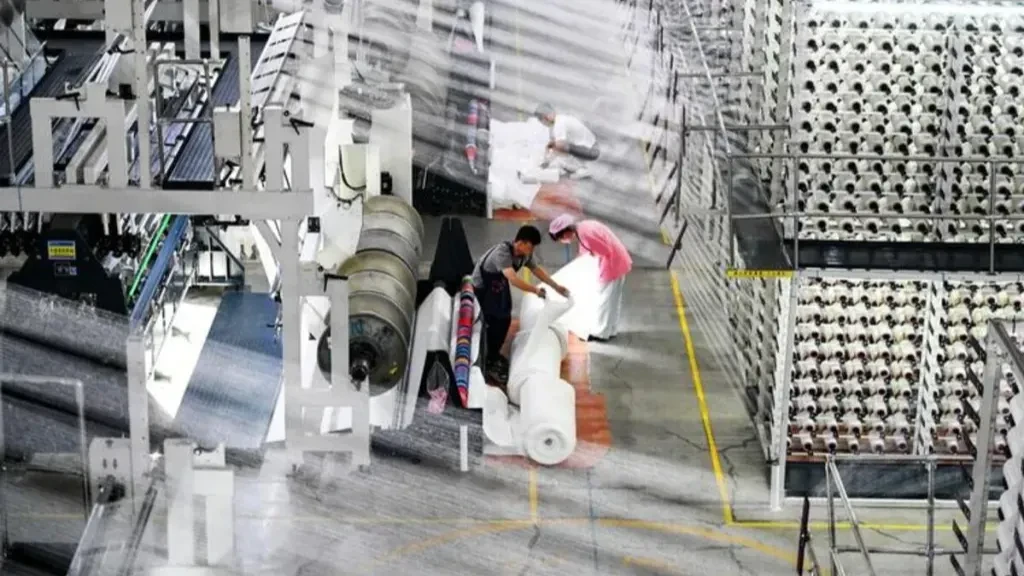Dawasa announces increase of water production capacity
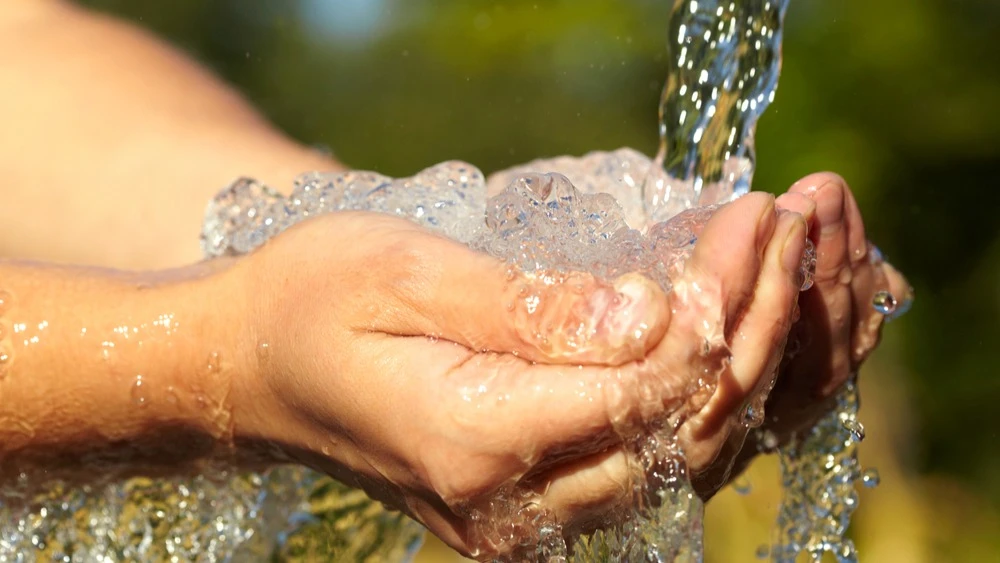
DAR ES SALAAM Water and Sewerage Authority (DAWASA) has said that water production capacity has increased from 520,000,000 litres per day to 534,600,000 litres equal to an increase of 14,600,000 litres.
Mkama Bwire, DAWASA's acting chief executive officer, unveiled this in Dar es Salaam yesterday when speaking to journalists.
Bwire said apart from that, the capacity to save water loss has increased from 153,649,000 litres to 183,649,000 litres, equivalent to an increase of 30,000,000 litres while water transportation and distribution network has increased from 4,690.7 kilometres to 7,087 kilometres, equivalent to an increase of 2,396.3 kilometres.
"The sewerage network has increased from 450 km to 517.12 km, equal to an increase of 67.12 km, and the number of connections of sanitary customers has increased from 343,019 to 438,177, equal to an increase of 95,158 customers," he said.
However, DAWASA is owed about 40bn/- of water bills by various customers.
The official added that DAWASA depends on the Ruvu River as the main source of water where they get 87 percent of water they produce.
Deep wells contribute seven percent, Kizinga River two percent and four percent from Wami River.
He said that efforts were ongoing to ensure that the 7,087 km network served by the authority in the Dar es Salaam and Coast regions is highly effective and brings positive results to the citizens and authorities in general.
According to Bwire, despite providing services in two regions, DAWASA also provides services in some areas of Tanga and Morogoro regions.
He also said that there are areas that get water all the time, some with rationing while other areas are in the process of being connected to water service.
"If you go to Kigamboni, there is enough water there; what is required is to expand the distribution network in the same way we did in Mkuranga and elsewhere," he said.
Bwire said that due to the existing water sources appearing to be overwhelmed, they were in the process of finding other water sources, including Rufiji River and Kidunda Dam.
Top Headlines
© 2026 IPPMEDIA.COM. ALL RIGHTS RESERVED








